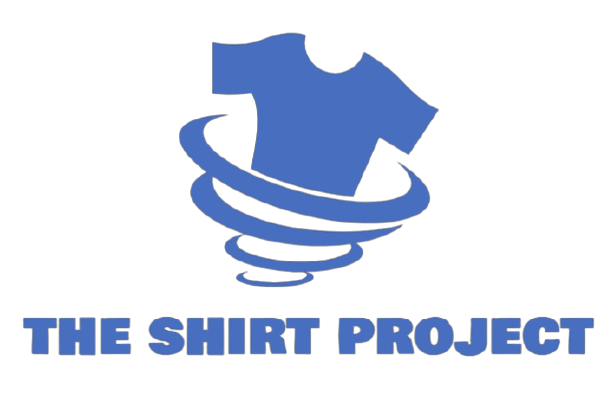Pharmaceutical labeling guidelines are essential for ensuring the safety, efficacy, and quality of pharmaceutical products. These guidelines provide a framework for the information that must be included on drug labels, ensuring that healthcare professionals and patients have access to critical information regarding the medications they use. The importance of these guidelines cannot be overstated, as they play a vital role in public health, regulatory compliance, and effective communication.
Ensuring Patient Safety
One of the primary purposes of pharmaceutical labeling guidelines is to ensure patient safety. Labels provide essential information about the medication, including dosage instructions, potential side effects, contraindications, and warnings. By adhering to these guidelines, pharmaceutical companies can help prevent medication errors, which can lead to serious health consequences. For instance, clear labeling of dosage instructions can reduce the risk of overdosing or underdosing, ultimately protecting patients from harm.
Regulatory Compliance
Pharmaceutical labeling is subject to strict regulations imposed by government agencies, such as the U.S. Food and Drug Administration (FDA) and the European Medicines Agency (EMA). These agencies establish labeling guidelines to ensure that pharmaceutical products meet safety and efficacy standards. Compliance with these regulations is crucial for pharmaceutical companies, as failure to adhere to labeling guidelines can result in penalties, product recalls, and damage to the company’s reputation. By following established labeling guidelines, companies can ensure that their products are compliant with regulatory requirements, facilitating smoother market access.
Enhancing Communication
Effective communication is vital in the healthcare industry, and pharmaceutical labeling guidelines play a significant role in this process. Labels serve as a primary source of information for healthcare professionals and patients. By providing clear and concise information about a medication, labels help healthcare providers make informed decisions regarding treatment options. Additionally, well-structured labels can enhance patient understanding of their medications, leading to better adherence to prescribed regimens. This improved communication ultimately contributes to better health outcomes.
Supporting Pharmacovigilance
Pharmacovigilance refers to the monitoring of drug safety and the detection of adverse effects after a medication has been approved for use. Pharmaceutical labeling guidelines include requirements for reporting adverse events and providing information on how to report them. By ensuring that labels contain this information, pharmaceutical companies can support ongoing safety monitoring and facilitate the collection of data on drug safety. This information is crucial for identifying potential safety issues and making necessary adjustments to labeling or product formulations.
Promoting Brand Trust and Credibility
Adhering to pharmaceutical labeling guidelines not only ensures compliance but also promotes brand trust and credibility. When pharmaceutical companies provide accurate and reliable information on their labels, they build trust with healthcare professionals and patients. This trust is essential for fostering long-term relationships and encouraging the use of their products. In an industry where safety and efficacy are paramount, companies that prioritize adherence to labeling guidelines are more likely to be viewed as responsible and trustworthy.
Conclusion
In conclusion, pharmaceutical labeling guidelines are of utmost importance in the pharmaceutical industry. They play a critical role in ensuring patient safety, regulatory compliance, effective communication, pharmacovigilance, and brand trust. By adhering to these guidelines, pharmaceutical companies can contribute to better health outcomes, enhance the quality of care, and maintain their reputation in a highly competitive market. As the industry continues to evolve, the importance of robust labeling practices will remain a cornerstone of pharmaceutical safety and efficacy.














